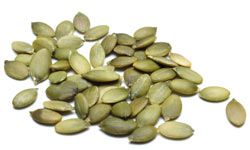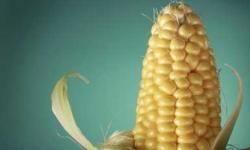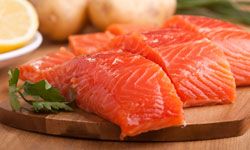It's a sad fact of growing older for the male species. Most men over the age of 60 (and some in their 50s) develop some symptoms of prostate problems. The three most common disorders are benign prostatic hyperplasia (BPH), a noncancerous enlargement of the prostate; prostatitis, an inflammatory infection; and prostate cancer. BPH is so common that some physicians consider it a normal consequence of aging in males.
The prostate's main role is to produce an essential portion of the seminal fluid that carries sperm. This walnut-shaped gland located just below a man's bladder starts to kick in near puberty and continues to grow and grow. This enlargement doesn't usually cause symptoms until after age 40, and it usually doesn't cause problems until age 60 or later.
Advertisement
An enlarged prostate is problematic because it presses on the urethra, creating difficulties with urination and weakening the bladder. Some of the symptoms of prostate problems include:
- difficulty urinating
- frequent urination, especially at night
- difficulty starting urination
- an inability to empty the bladder
- a dribble of urine despite the urgent need to urinate
- a burning sensation when urinating
- uncontrolled dribbling after urination
- pain behind the scrotum
- painful ejaculation
Ignoring prostate problems, as some men are wont to do, isn't a smart idea. Left untreated, prostate problems can get progressively worse, become more painful, and can lead to dangerous complications, including bladder and kidney infections.
Changes in diet can help relieve some prostate discomforts and, in some cases, may reduce the chances of developing prostate cancer. Check out how home remedies from the kitchen can help on the next page.





